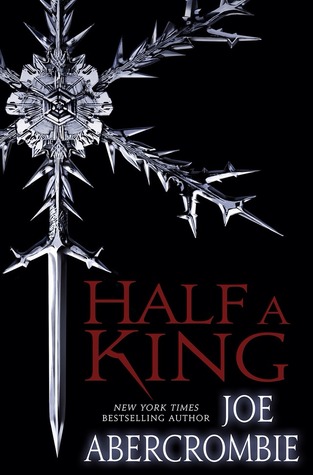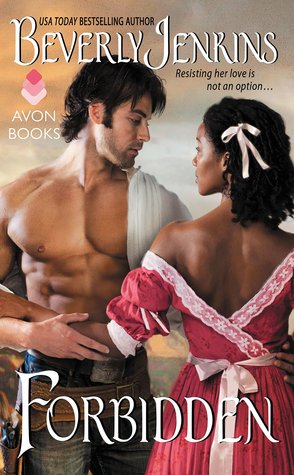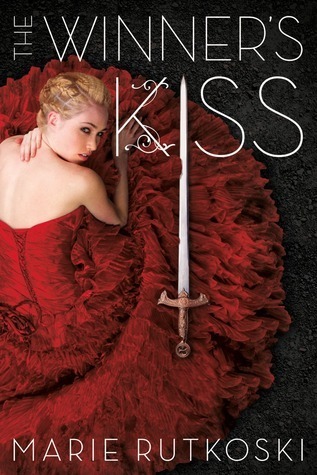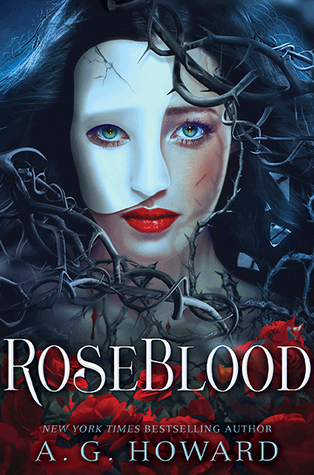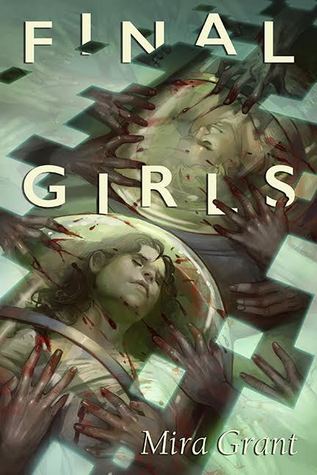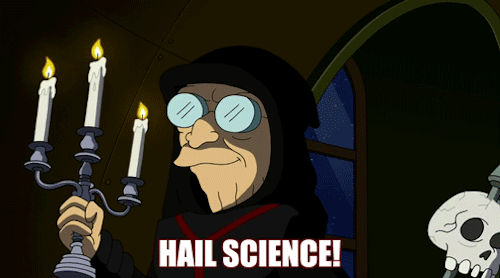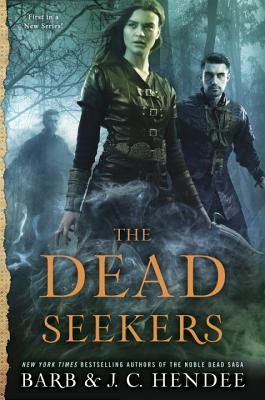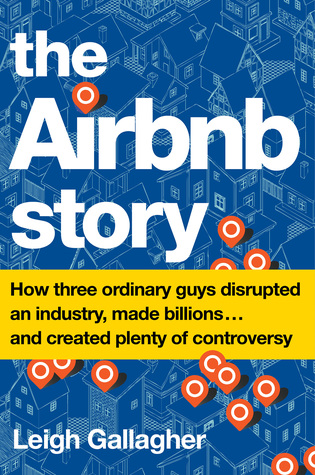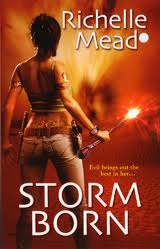
When I was a teenager and did not know the difference between good fiction and bad fiction, I used to sit and read stories on this site called Quizilla - which, funnily enough, mostly had bad fiction. There, I read a lot of anime fanfiction and original fiction paranormal romance stories usually involving vampires or demons. One of the common themes? The heroine was nearly always a virgin and whoever won the sexual race/lottery and got to have sex with her first usually unlocked some sort of magical sex-triggered super power that would help them rule the world. So obviously, the heroines in these stories got kidnapped and/or threatened with rape a lot, because this is what immortals do: scope out Craigslist ads that say: "Me: human girl with magical hoo-ha. You: evil demonic overlord who wants to get some. Let's drag this psychodrama out for 80k words or so, or until the author grows up and gets bored."
Why do I bring this up?
STORM BORN was literally that bad fic from my childhood retold. Eugenie Markham is a Ghostbuster of the Otherworld, which is cool - but it turns out she's also the daughter of a really powerful immortal and there's a prophecy that states that if someone has sex with her and gets her pregnant, their heir will rule the world. What does this mean? For the majority of the book, nearly every single male character the heroine encounters tries to rape her. Every. Single. One.
There's also two heroes (identifiable by the fact that they do not rape the heroine - thank God). I don't like love triangles and this one is pretty bad. There's Kiyo, a half-Japanese, half-Latino kitsune, who's this boring nice guy who likes to be dominant in the bedroom (sort of) and then there's Dorian, a faerie king, who's this boring player guy who likes to be dominant in the bedroom (sort of). Also, he has a rope fetish. I didn't really like either of them. They were bland, although Dorian was the better of the two. This made me so upset because the heroes in Vampire Academy were so broody and attractive, so I know she can write good heroes. They just weren't present here.
This is actually my second time reading STORM BORN. I read it for the first time when I was in college and really liked it - I gave it 3.5 stars rounded up to 4. Now, after reading it again, I'm kind of wondering what my 21-year-old self was thinking. STORM BORN is incredibly problematic and not just because of the rape plot. She has a roommate who pretends to be Native American to score with babes (ugh), and everyone calls him "Indian" (UGH) and it's portrayed as soooo quirky you guys, ha ha, cultural appropriation is so funny (UGH!!!). At one point, after she and Dorian have rope bondage sex, she tells him that she feels uncomfortable because bondage is basically rape. Um, no it isn't? Also, NO IT ISN'T? I thought that was an incredibly shitty thing to say, especially since she was the one who asked for the rope in the first place. He corrects her, and explains, but still ew.
Don't even get me started on the whole Jasmine plotline either. That was gross.
I tried to think about how I wanted to rate this book because some of the sex scenes were okay, and there was a lot of creativity that went into building this world. Mead doesn't just stick to the usual cannon of werewolves and vampires - she did her research and came up with some characters you normally don't see in paranormal fiction. But there was also a lot of stuff that was just really cringe-worthy or badly-done in this book and I couldn't in good conscience give it anything higher than a 2*. It was fun reading a story that could have been straight out of my teen years - but they're the teen years for a reason. You grow up, move on, and find something better.
UNFORTUNATELY, someone (i.e. me) bought all four books in this series because they were bundled together for $2.99 (it was a really good deal, okay), so I guess I'll see you on the other side.
2 out of 5 stars

